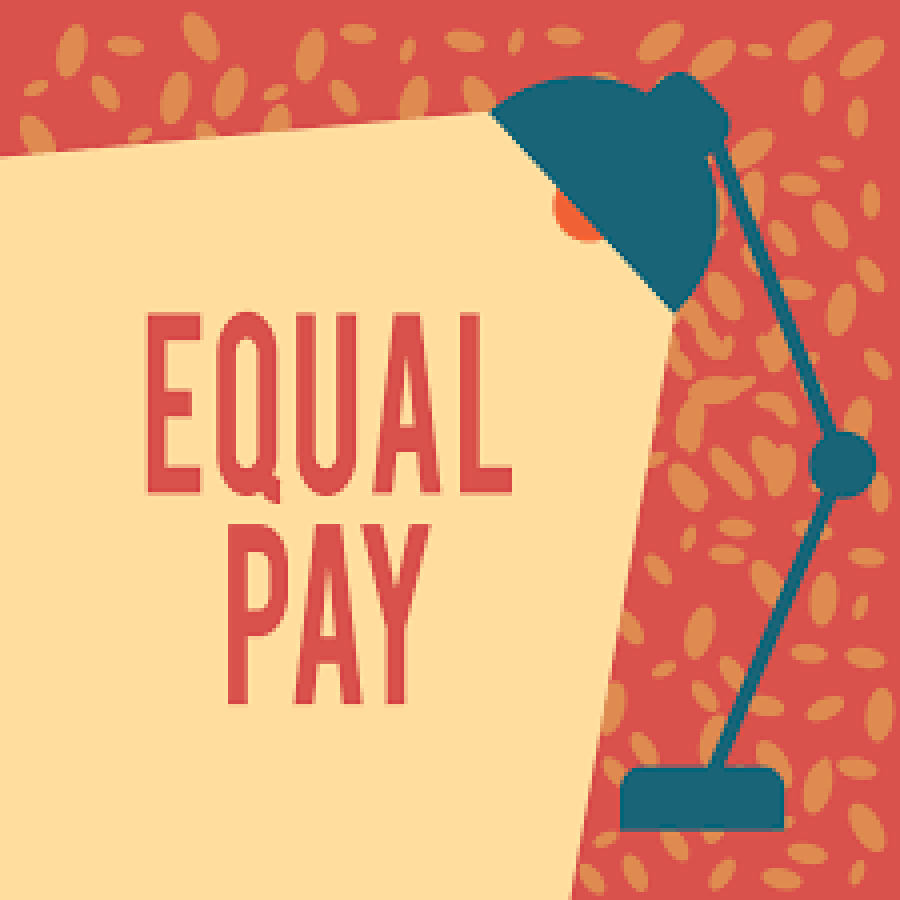Blog

Blog
Call us today for a free initial consultation on 0800 772 0341
Equal Pay
Published 07 June 2021

The idea that all genders should be paid equally for doing exactly the same job is perfectly reasonable.
In fact there is a legal requirement for employers to ensure that it does in fact happen.
The has been much publicity in recent times about equal pay and the gender pay gap. The two should not be confused, because they are different.
Equal pay is an employee’s entitlement to the same wage as a colleague doing work that is of equal value to them, the same or broadly similar work as them or work rated as ‘of equivalent value’ by a job evaluation study (1).
A gender pay gap is the difference between the average earnings of men and women over a period of time, regardless of their role or seniority. It therefore captures any pay differences between men and women on a broader level (2)
Equal pay applies to: employees, workers, apprentices, agency workers, full time, part time or temporary contracts and self-employed people who are hired to personally do the work.
Disparity in pay is often, but not solely, a gender issue. Women are sometimes paid less than men for doing the same work.
It has been, and it appears remains, a problem as highlighted in a couple of recent and notable cases.
Last week, The European Union Court of Justice backed thousands of shop workers, mostly women, who accused Tesco of paying them up to £3 less per hour than warehouse workers, who are mostly men (3)
The ruling came just a few weeks after thousands of Asda supermarket workers won a major victory at the Supreme Court in their battle for equal pay.
The court upheld an earlier court ruling that lower-paid shop staff, who are mostly women, can compare themselves with higher paid warehouse workers, who are mostly men (4)
The ruling did not mean the claimants had won the right to equal pay, but they are now free to take further action
And, last week it was reported that a female fitness instructor was awarded more than £5,000 after taking her employer to a tribunal when she discovered male trainers were being paid £25 per class and women instructors paid a £20 rate. (5)
Equal pay law is covered by the Equality Act 2010 and the Equality and Human Rights Commission statutory code of practice on equal pay (6)
It means it is illegal not to pay employees equally. It is a practice that for a long time was concealed because talking openly about salaries amongst colleagues was once considered a sensitive subject.
But, with the widespread publicity around equal pay there is now a very good chance any inequality in pay among staff will be exposed.
If an employee makes a claim for equal pay rights it generally allows them to claim up to a maximum of six years of lost earnings (five years in Scotland).
There are some circumstances in which differences in pay and other terms and conditions may be allowed – but it must have nothing to do with someone’s sex.
For example, it might be possible for someone to be paid more than someone of the opposite sex who does similar work because:
- They are better qualified, if their skills are crucial to the job and hard to recruit
- Of where they are located – for example, in London where the cost of living is higher
- They do night shifts, and the employer can prove that they can only cover night shifts by paying staff more
Employers can often avoid equal pay issues by simply being clear and open with staff about pay and contractual terms and conditions.
Having an established and recognised equal pay policy, up to date and accurate job descriptions can also help along with ensuring men and women who do the same work have the same job titles.
If an employee does raise a complaint about equal pay an employer should take it seriously and work with them to resolve the issue in a fair, reasonable and prompt manner.
References:
(1) What is equal pay? [Internet] www.equalityhumanrights.com [Cited 7/6/2021] https://www.equalityhumanrights.com/en/advice-and-guidance/what-equal-pay
(2) A gender pay gap is the difference between the average earnings of men and women over a period of time. [Internet] https://www.gov.uk [Cited 7/6/2021] https://www.gov.uk/government/collections/gender-pay-gap-reporting
(3) The European Union Court of Justice backed thousands of shop workers [Internet] https://www.thelondoneconomic.com [Cited 7/6/2021] https://www.thelondoneconomic.com/news/eu-court-equal-pay-tesco-uk-273215/
(4) The court upheld an earlier court ruling that lower-paid shop staff [Internet] https://www.bbc.co.uk [Cited 7/6/2021]https://www.bbc.co.uk/news/business-56534988
(5) Female fitness instructor won tribunal due to wages [Internet] https://www.witneygazette.co.uk [Cited 7/6/2021] https://www.witneygazette.co.uk/news/19341611.woman-wins-equal-pay-tribunal-witney-lakes-resort/
(6) Equal pay law is covered by the Equality Act 2010 [Internet] https://www.equalityhumanrights.com [Cited 7/6/2021] https://www.equalityhumanrights.com/en/publication-download/equal-pay-statutory-code-practice
“A reputation built on success”
For employment law advice or if you are affected or want information and support by any of the issues in this article please give us a call. 0333 772 0611
A reputation built on success
If you're facing any of the issues in this article - or need guidance on disciplinary, grievance, or redundancy matters - call us today. Our expert Trade Union Representatives are available to represent you in crucial workplace meetings, with pay as you need support.